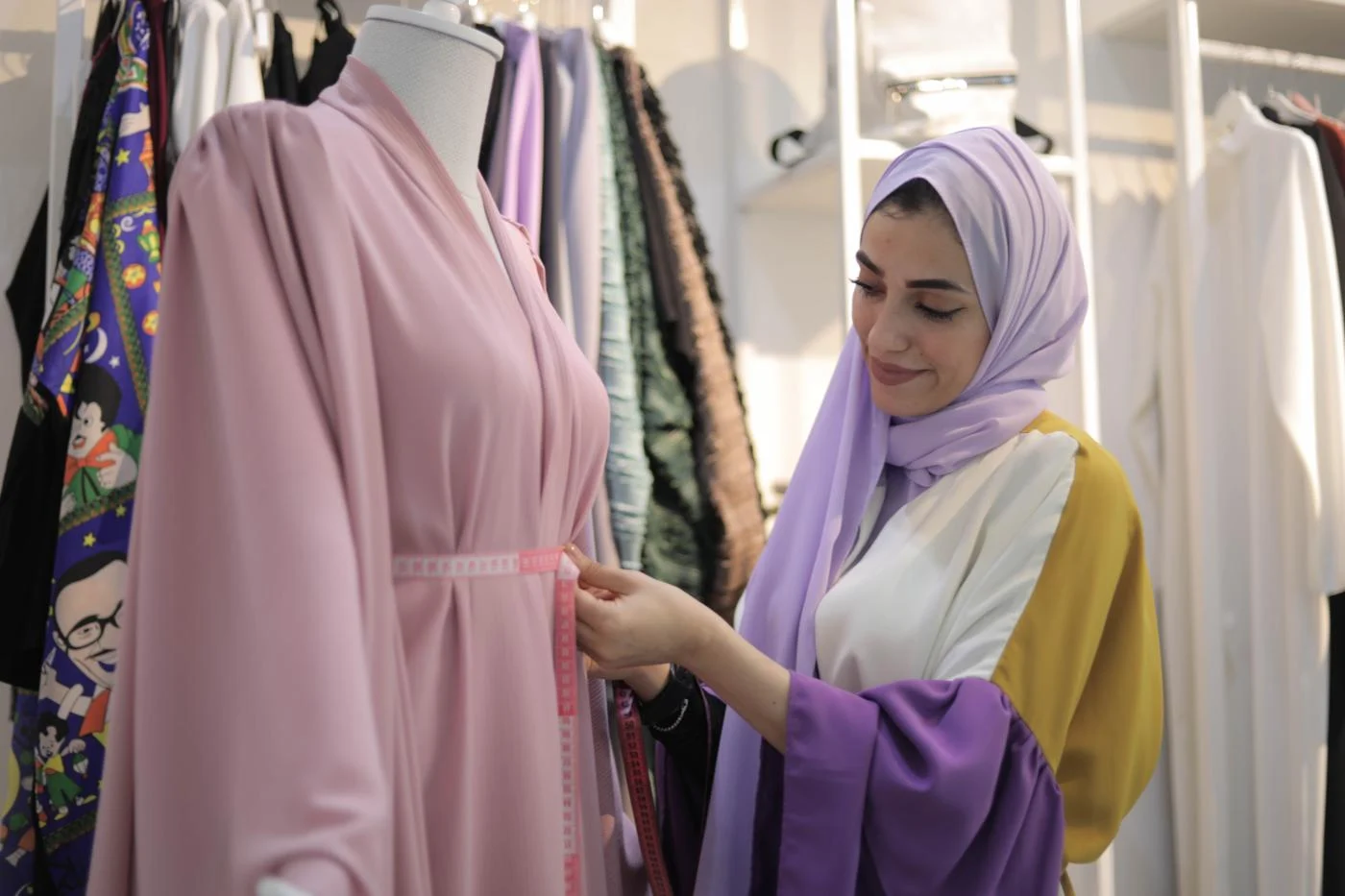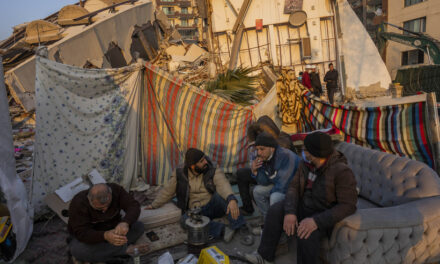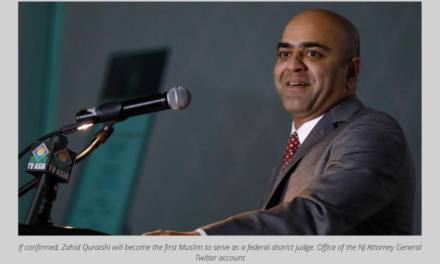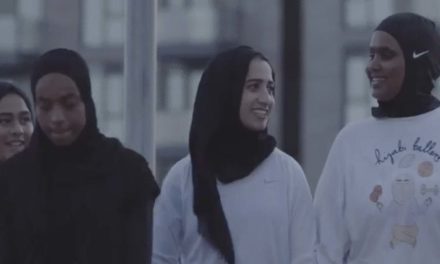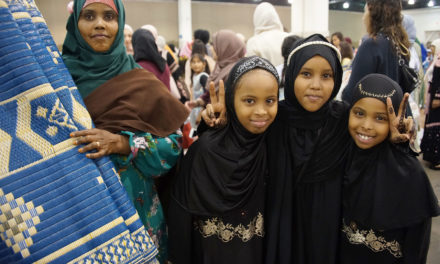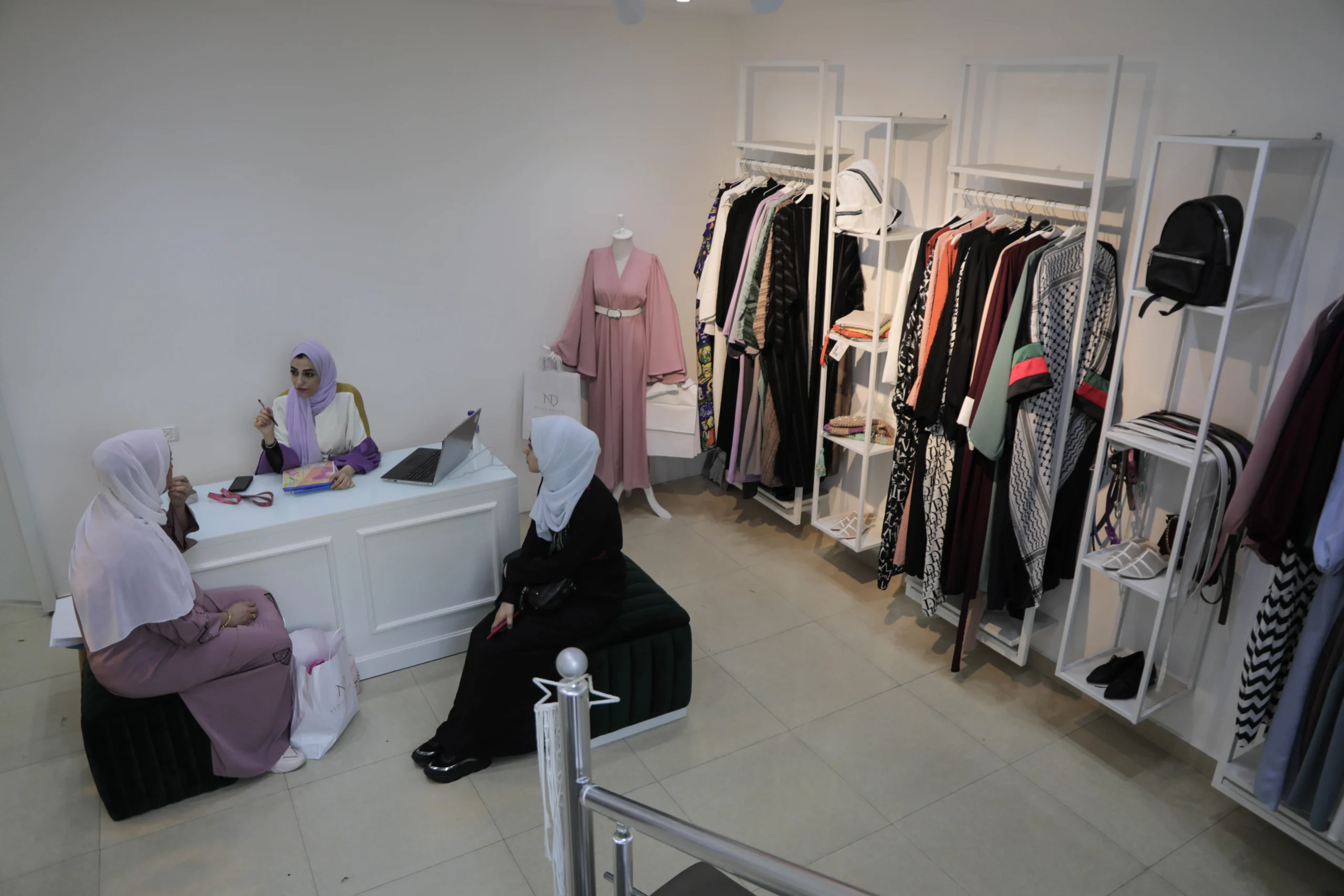
In the heart of Gaza City’s downtown sits a luxurious two-storey building, with the name Nemo Design Fashion House emblazoned on it. It is one of the few fashion houses in Gaza, and the first to be owned by a female fashion designer.
The fashion house was established by Nirmeen Hourani earlier this year, who decided to pursue fashion after winning a grant of $2,000 from the French Institute, despite being up against over 40 other students. After winning the grant, Hourani took the plunge and purchased a sewing machine at home.
“I then started making clothes and selling them on Instagram, I was surprised by the large number of orders I got, which made me sure that my project would succeed and grow,” she tells Middle East Eye. (All photos by Loay Ayyoub.)
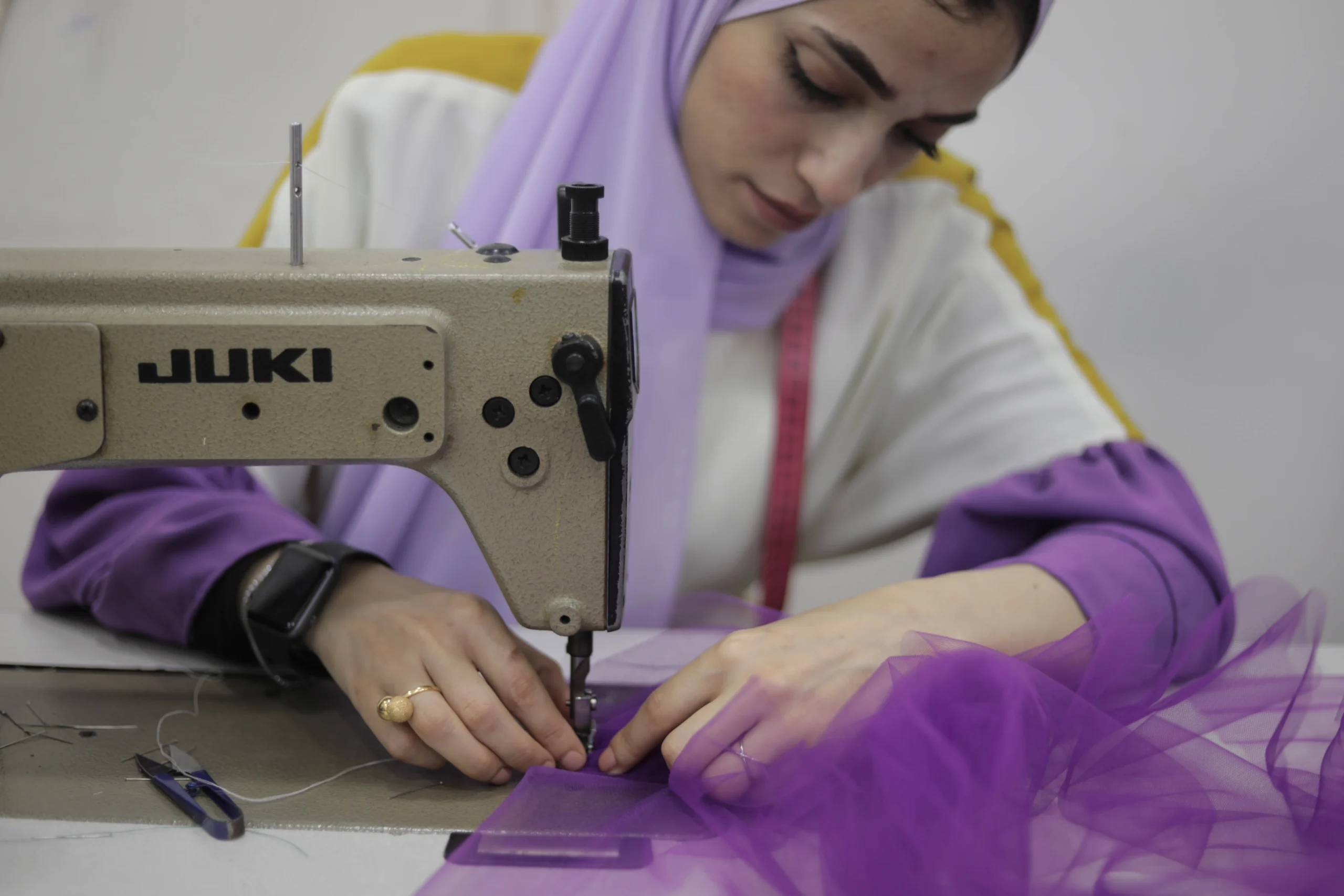
Although she is not the only fashion designer in Gaza, Hourani’s work is widely praised for being unique and for her ability to tailor-make bespoke pieces. Rather than relying on re-making existing designs, she focuses her efforts on creating her own pieces.
“Since the first day I joined fashion college, I knew that I wanted to be more than a tailor in a sewing workshop, I wanted to make a change in the fashion scene in Gaza,” she adds.
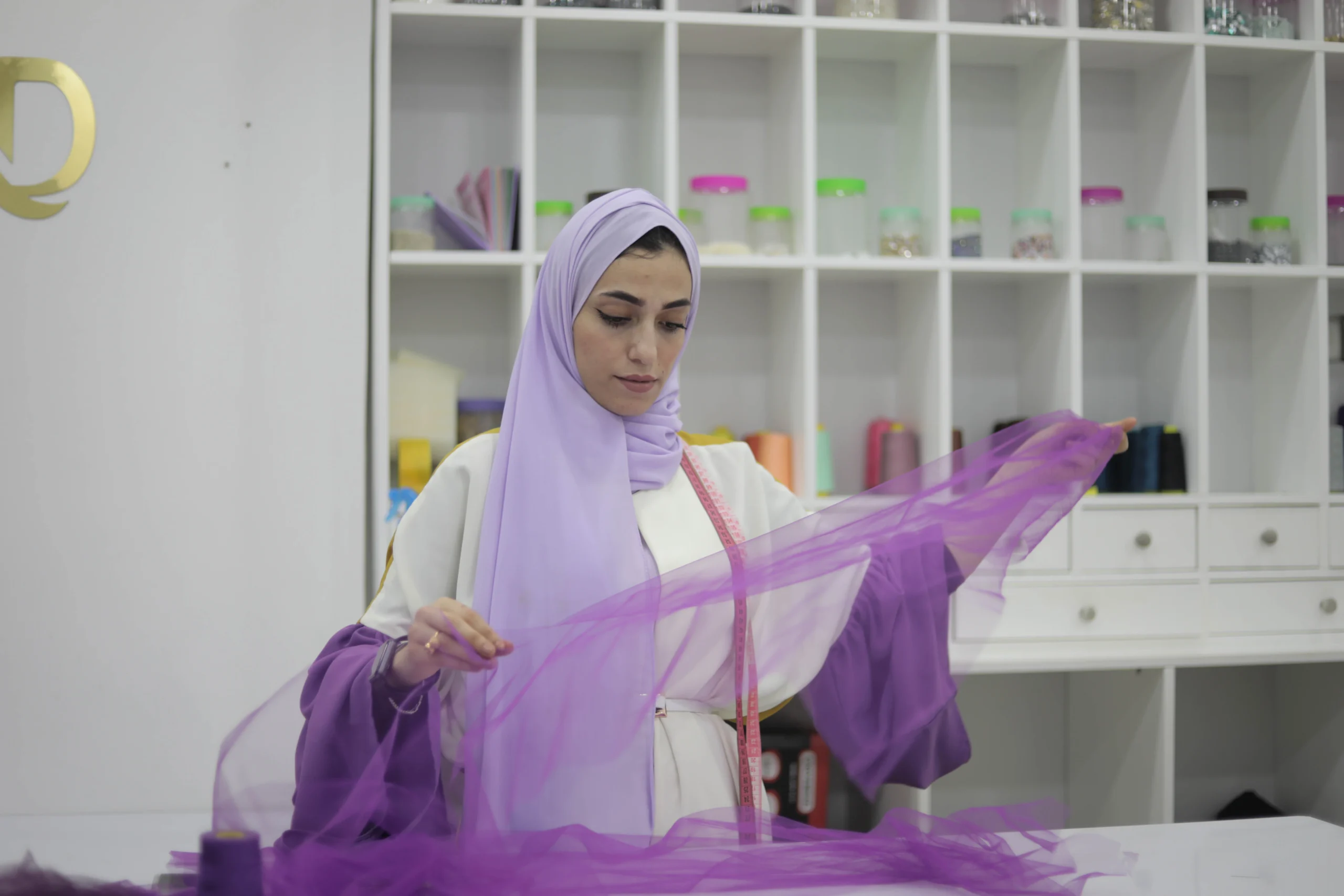
After opening up a small and modest boutique in 2017, Hourani was able to make her mark with local customers. Her customers mainly consist of middle-class women who love to experiment with their style and wear unique pieces which can’t be found in high-street stores.
A year after opening her boutique, she was able to move it to a more upscale part of the city before finally opening the fashion house in January this year.
For Hourani, one of her proudest moments is being able to open the fashion house without help from anyone else. “I used the profit I got from the boutique to open this fashion house, without any financial assistance from anyone,” she says. “I’m very happy to see my business grow organically.”
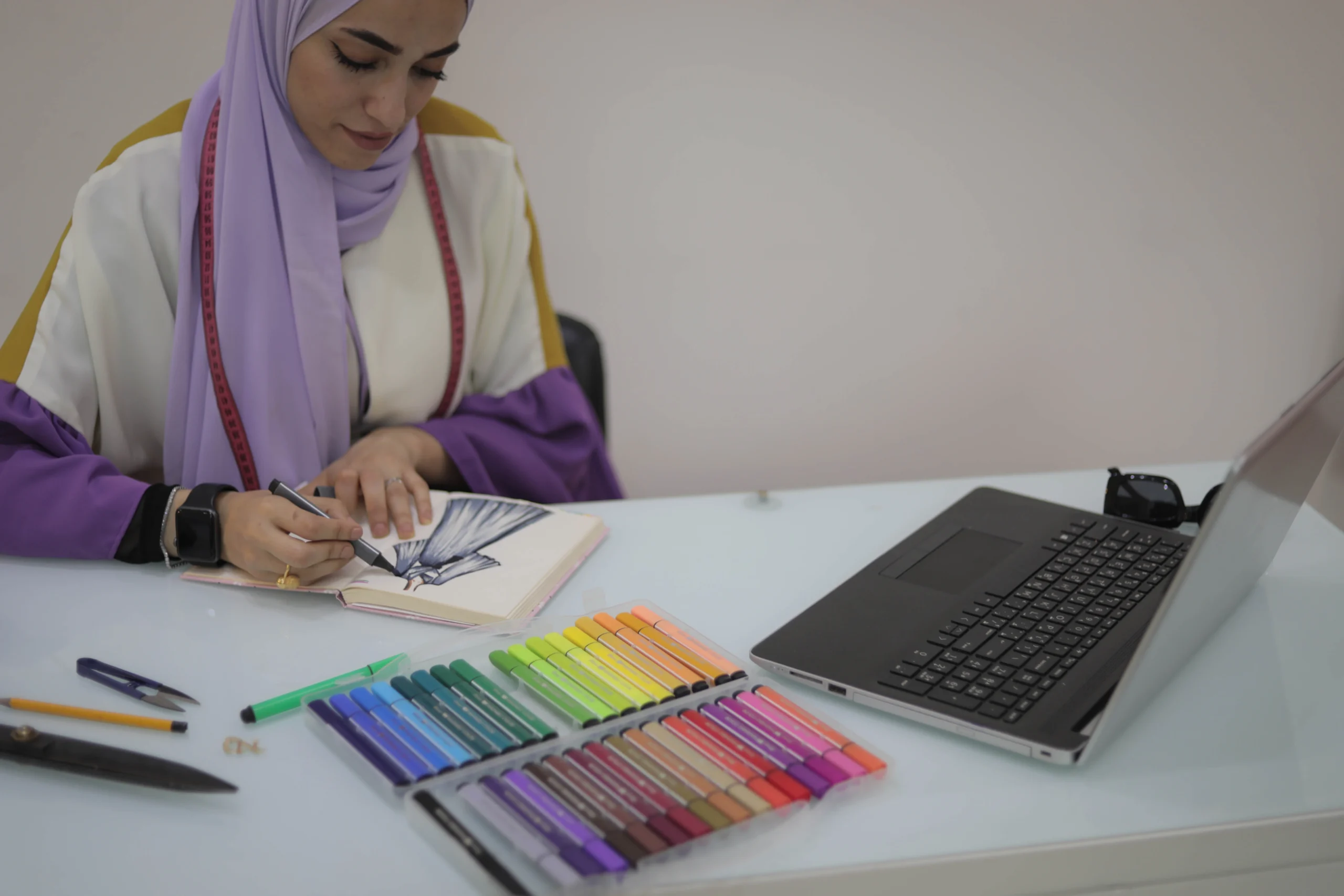
The work that goes into each piece requires a lot of skill and craft. First, Hourani will meet with her clients and listen to what they want and their ideas. At this point, she will put pen to paper and start sketching designs for her clients to choose from, taking into consideration their body type and complexion, ensuring that the tones used in their clothing are complementary.
Hourani mainly has ready-to-wear pieces on offer, but also prioritises taking approval from her customers when it comes to making on-demand pieces.
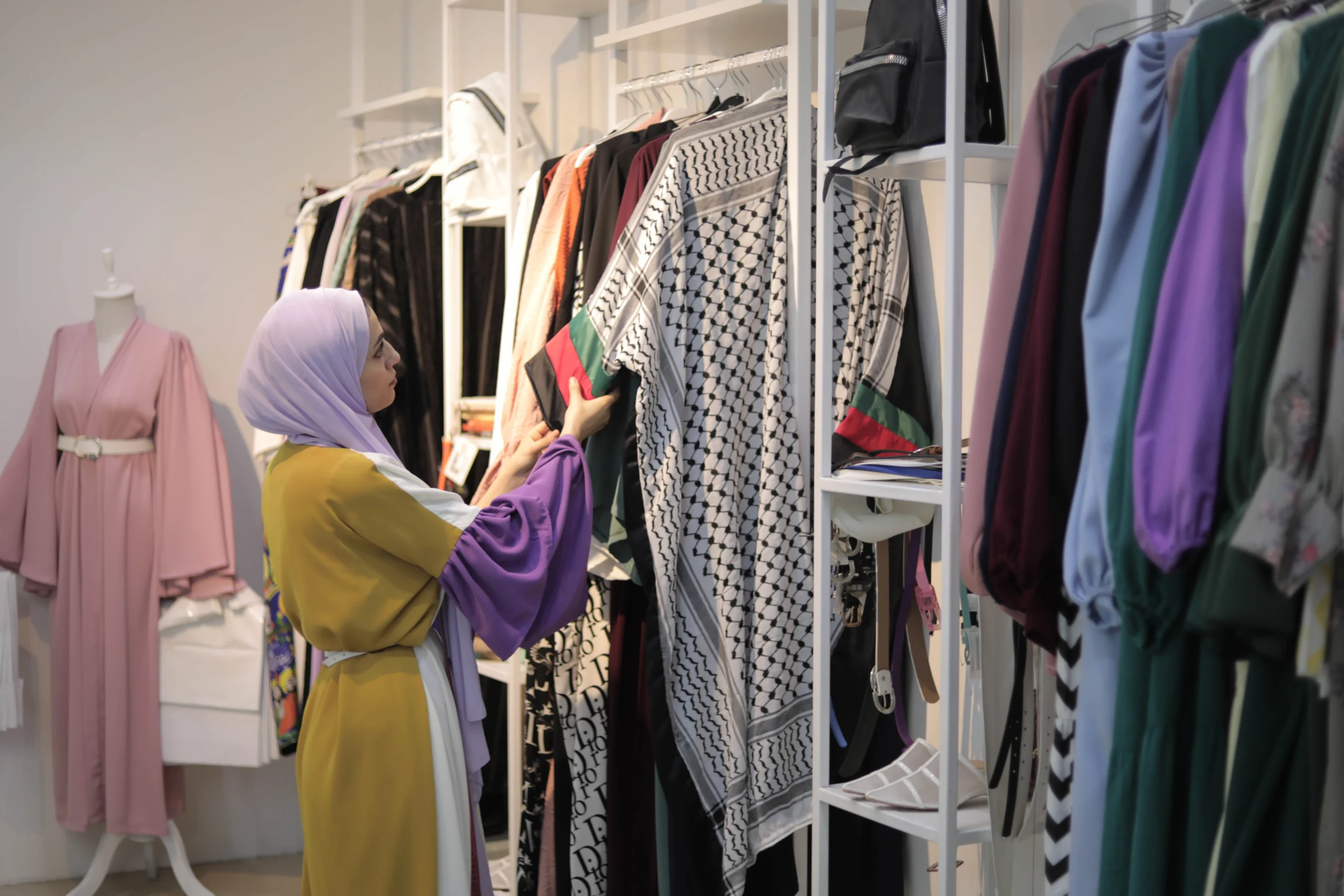
Hourani’s journey in fashion has not always been straightforward, mainly due to the 15-year-old Israeli blockade on Gaza. The blockade has posed numerous challenges for designers, entrepreneurs and business people living there, crippling the economy and restricting various industries.
The blockade on Gaza started in 2007, after Hamas won the parliamentary elections with a vast majority. A year later, a battle between Hamas and Fatah took place, ending with Hamas ousting Fatah forces to the West Bank, and taking over the Gaza Strip. Since then, Israel and the international community have imposed a restricted siege on two million Palestinians in the coastal enclave. In the same year, Israel had hit the main electricity plant in Gaza, causing a huge blackout crisis that still exists today. According to the World Bank, the unemployment rate in Gaza is roughly 50 percent and more than half of its population lives in poverty.
Hourani, like many others living in Gaza City, has felt the impacts of the blockade, and says that she has to pay extortionate amounts for a generator for electricity to be able to keep her business afloat.
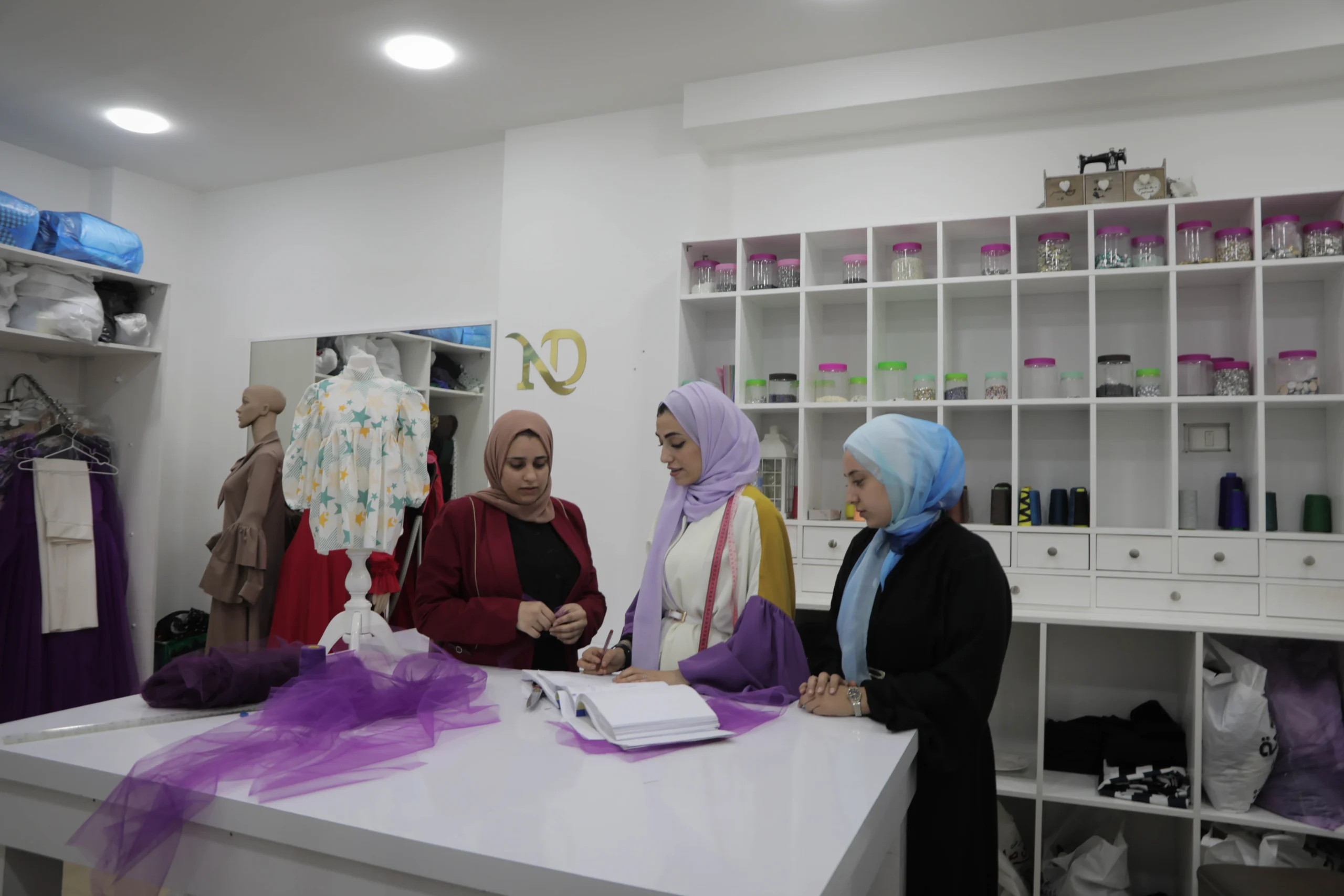
However, through this, Hourani has always remained determined and hopeful and says that she believed that the fashion industry had room for her designs and ideas.
Hourani quickly identified a gap in the market, and decided to make tailor made pieces for women who wear the hijab, which only further propelled her career. “Most of the women here wear hijab, but there was no place to offer them customised unique pieces,” Hourani explained.
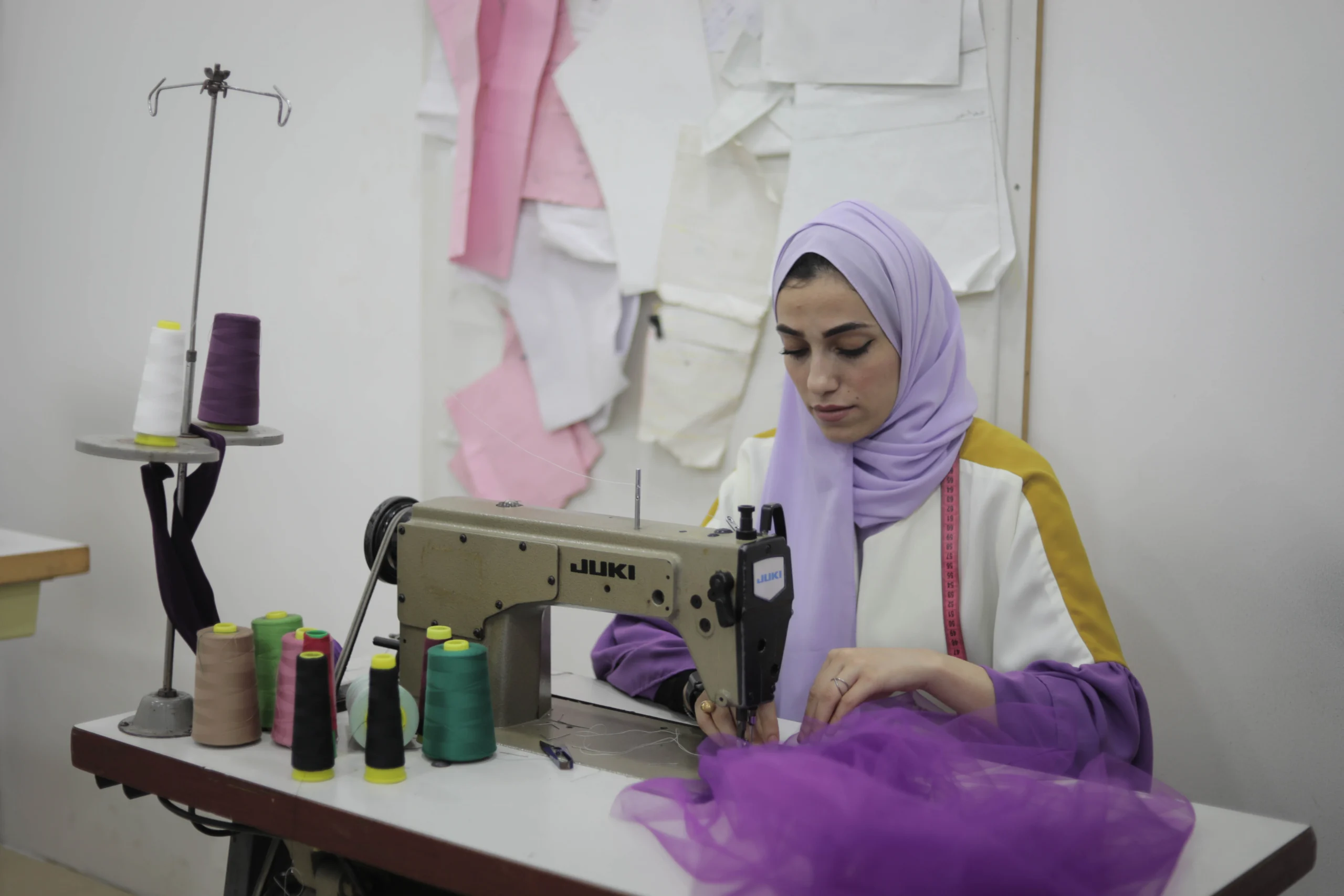
One of Hourani’s goals is to try and expand her fashion house, and in an effort to do so, she will occasionally travel to Turkey, where there is a booming fashion market, and try to sell her designs to locals and Palestinian women living there, as well as taking it as an opportunity to source new fabrics.
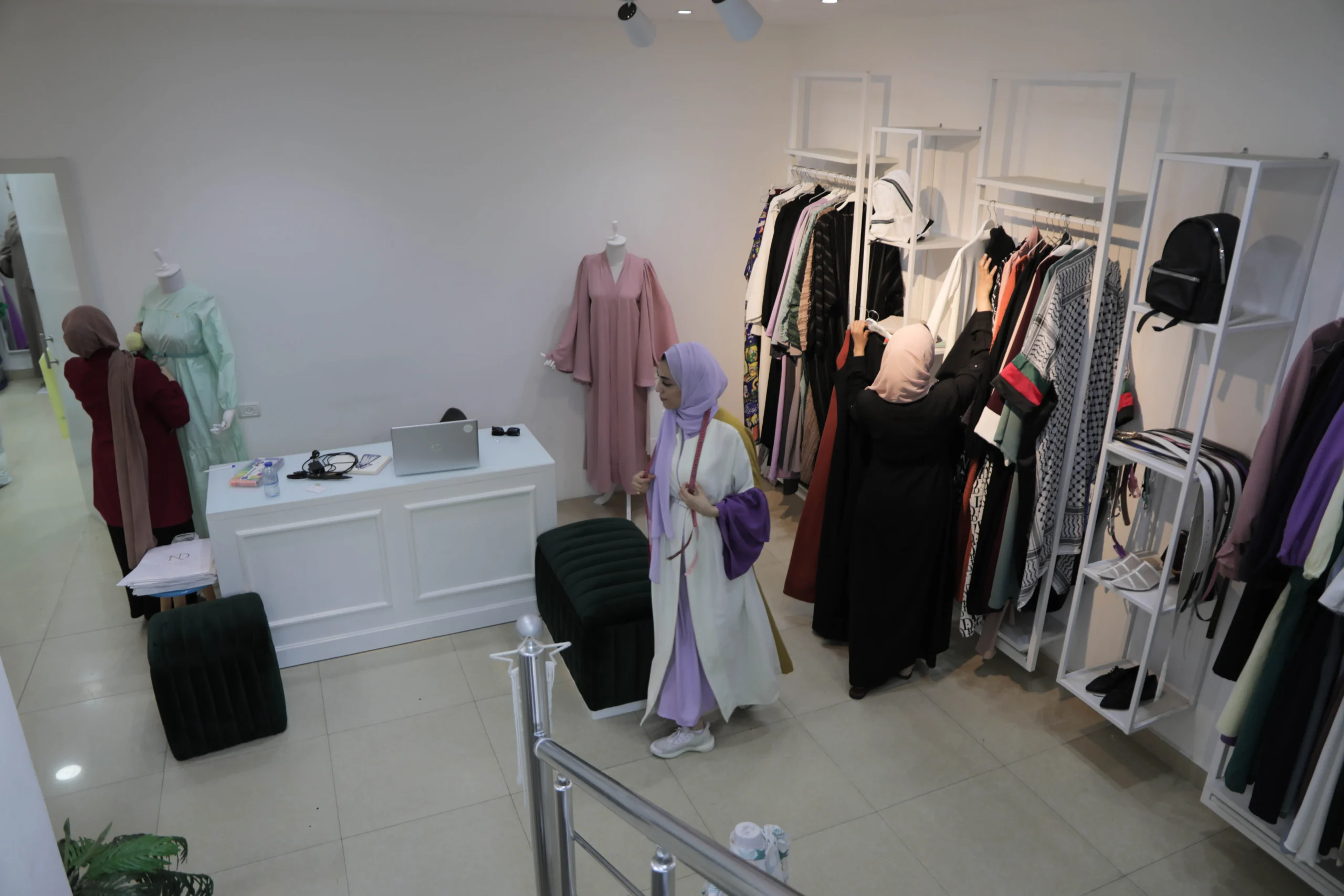
As well as growing her business, one of Hourani’s key goals is to empower women, and she has started working in schools in Gaza as a trainer, educating people about the industry. She has also employed six people to her company, and has over 10 trainees, all of which are women.
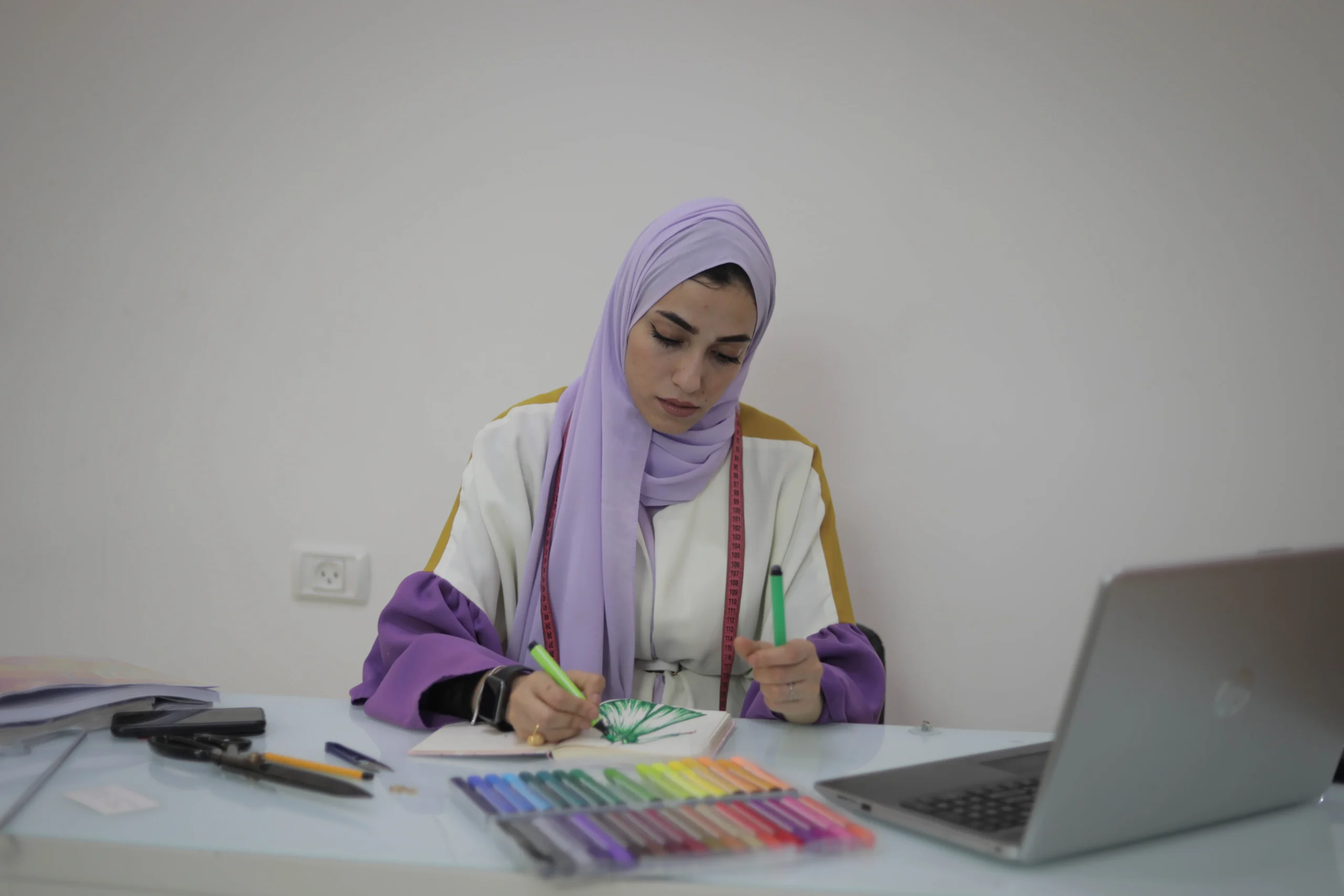
Hadeel Shehab, one of Hourani’s former students, who currently works as an intern at the fashion house, says that Hourani generously gave her so many tips to improve her designs.
“Nirmeen made me dare to choose strong colours and new fabrics that I always felt hesitant to work with. I’m very grateful for this amazing opportunity to work with her.”
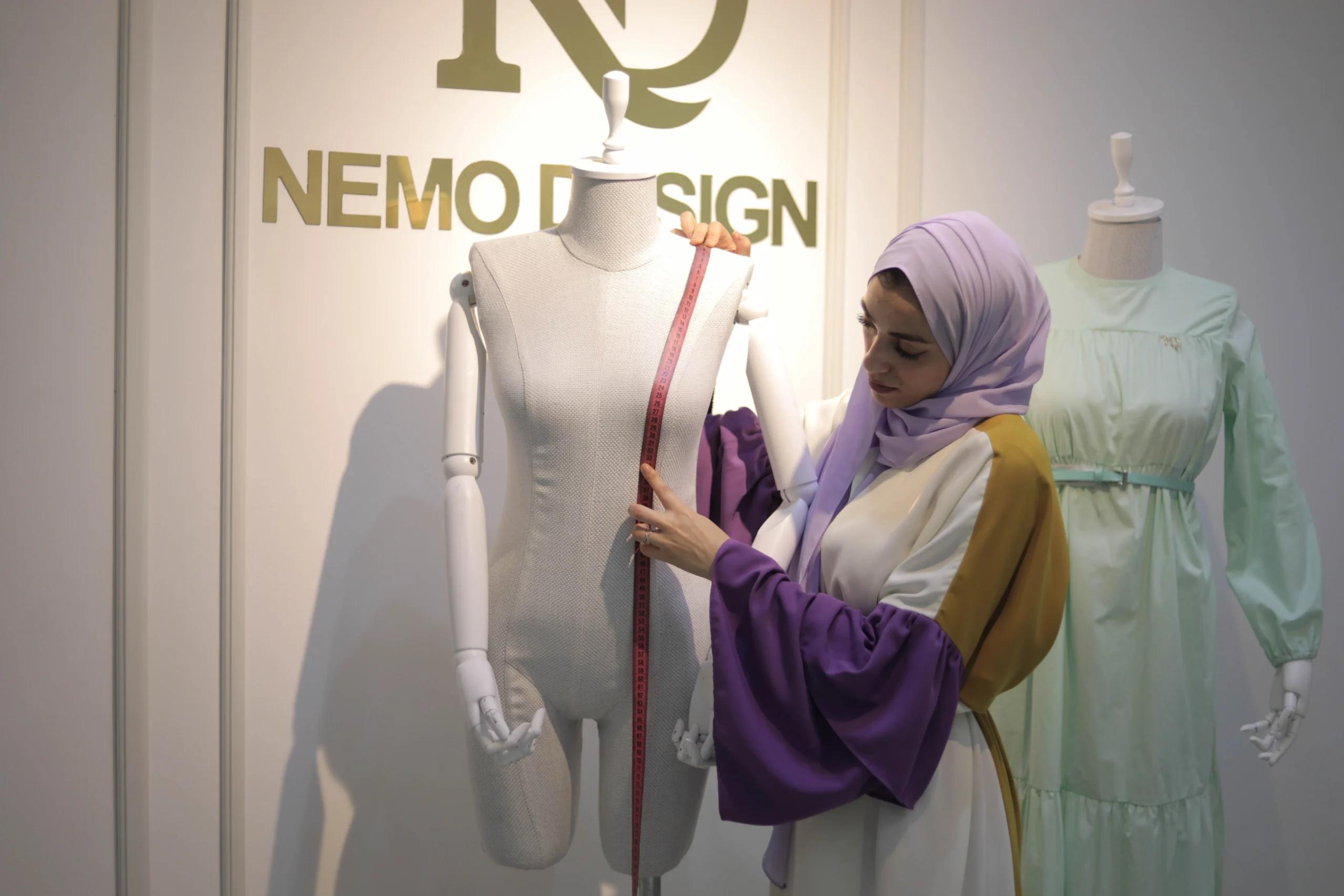
Hourani says that she’s eager to see more women make it in the industry and is happy to share her knowledge, and does not see others as competition. “I think that the market in Gaza is enough for all these talents, and I will be happy to see more women around me opening their own businesses and becoming financially independent.”
“I too will get my designs outside of Gaza’s borders one day,” she says.
